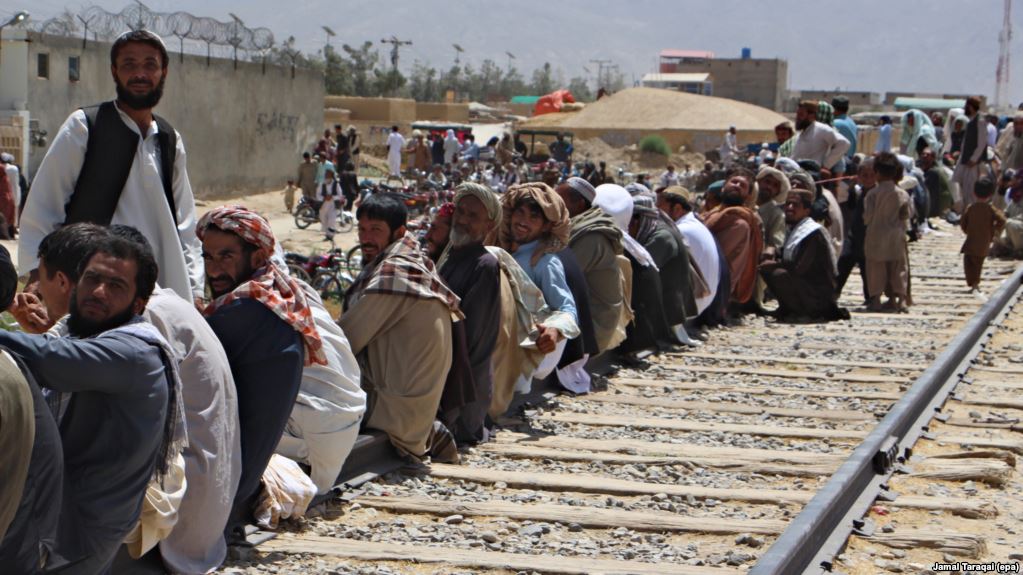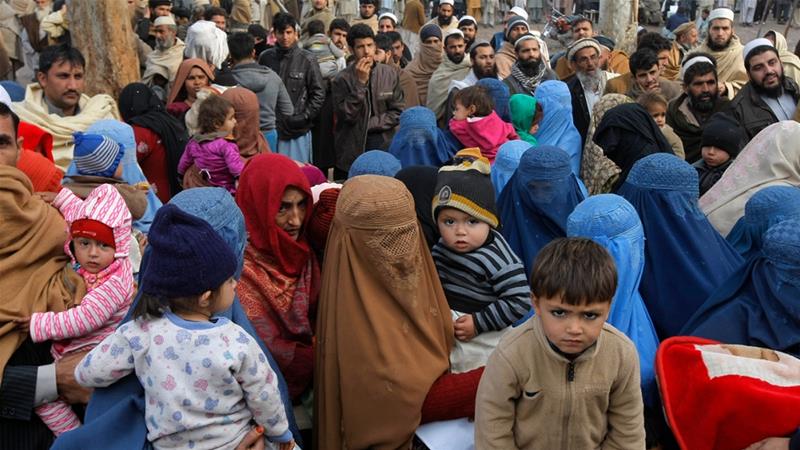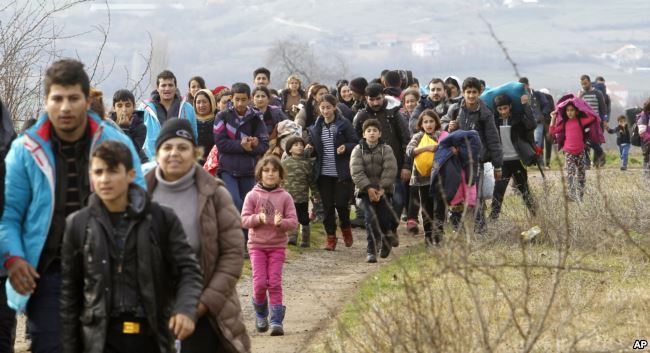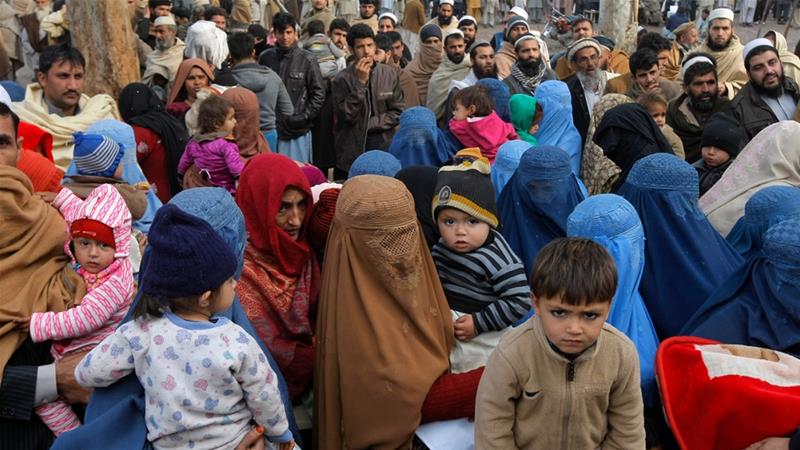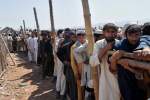The Asia Pacific Refugee Rights Network (APRRN) continues to have serious concerns over the severe lack of protection available to refugees upon returning to Afghanistan. According to local and international NGOs based in Afghanistan, returning refugees face a wide array of complex issues both immediately upon, and long-after their return.
Publish dateMonday 14 May 2018 - 16:26
Story Code : 163637
AVA- This includes but is not limited to: employment, land access, education, identification (Tazkira card), threats from warlords and ISIS, child marriage and terrorism. Security concerns are expected to further increase with the upcoming parliamentary elections (in late 2018). The sheer abundance of issues facing returnees indicates that Afghanistan is not able to absorb yet more refugees to return in safety and dignity.
Since the beginning of 2018, more than 242,000 undocumented returnees have returned to Afghanistan from the Islamic Republic of Iran according to IOM. The people coming from Iran include a mixture of voluntary returnees and deportees i.e. individuals that have been forcibly sent back to Afghanistan despite their potential protection concerns. Many of these individuals are returning to a country where they haven’t lived for many years and where they’re now effectively a stranger within their own national borders. For the vast majority, they have become – and will remain – internally displaced persons (IDPs), forced to live in another city for safety and security. According to recent UNHCR statistics, there are more than 951,000 registered Afghan refugees in Iran and a further two million undocumented Afghan citizens living in refugee-like situations.
Conditions for refugees in Pakistan, Afghanistan’s southernmost neighbors, are also a cause for increased concern. For the 1.38 million recognized refugees and 1 million undocumented refugees, conditions over the past twelve months have also been steadily deteriorating. This includes a recent upsurge in harassment, arbitrary arrest, detention and bribery by law enforcement agencies, and a series of mass deportations in late 2016. Such harsh conditions have led to many refugees ‘voluntarily returning’ to Afghanistan, despite not having a safe place to return to. These actions by the Pakistan Government are in line with increased anti-refugee sentiment and heightened security concerns across the region and also globally.
At present, the Proof of Registration (PoR) cards for registered Afghan refugees have only been extended until 30 June 2018. This current practice of ad hoc and short-term extensions has been occurring for a number of years, a constant cause of concern to the international community. Whilst ostensibly providing refugees in Pakistan with a degree of protection, the limited duration of PoR card extensions only seeks to create anxiety, insecurity and unpredictability within the refugee community – something that is completely unavoidable.
APRRN reaffirms its previous desire for affected nations to come to a multilateral and sustainable solution for Afghan refugees. This should include, but not be limited to, the following elements:
- Regardless of their status, Afghans living in Pakistan and Iran must be afforded a life that is free from harassment and exploitation;
Regardless of their status, refugees/undocumented Afghans should not be forced to return to Afghanistan;
Host countries and the international community must recognize that Afghanistan is not suitable for refugees to return at present.
Source : خبرگزاری Afghan Voice Agency(AVA)
avapress.com/vdcfmmdyew6dvva.r7iw.html
Top hits
